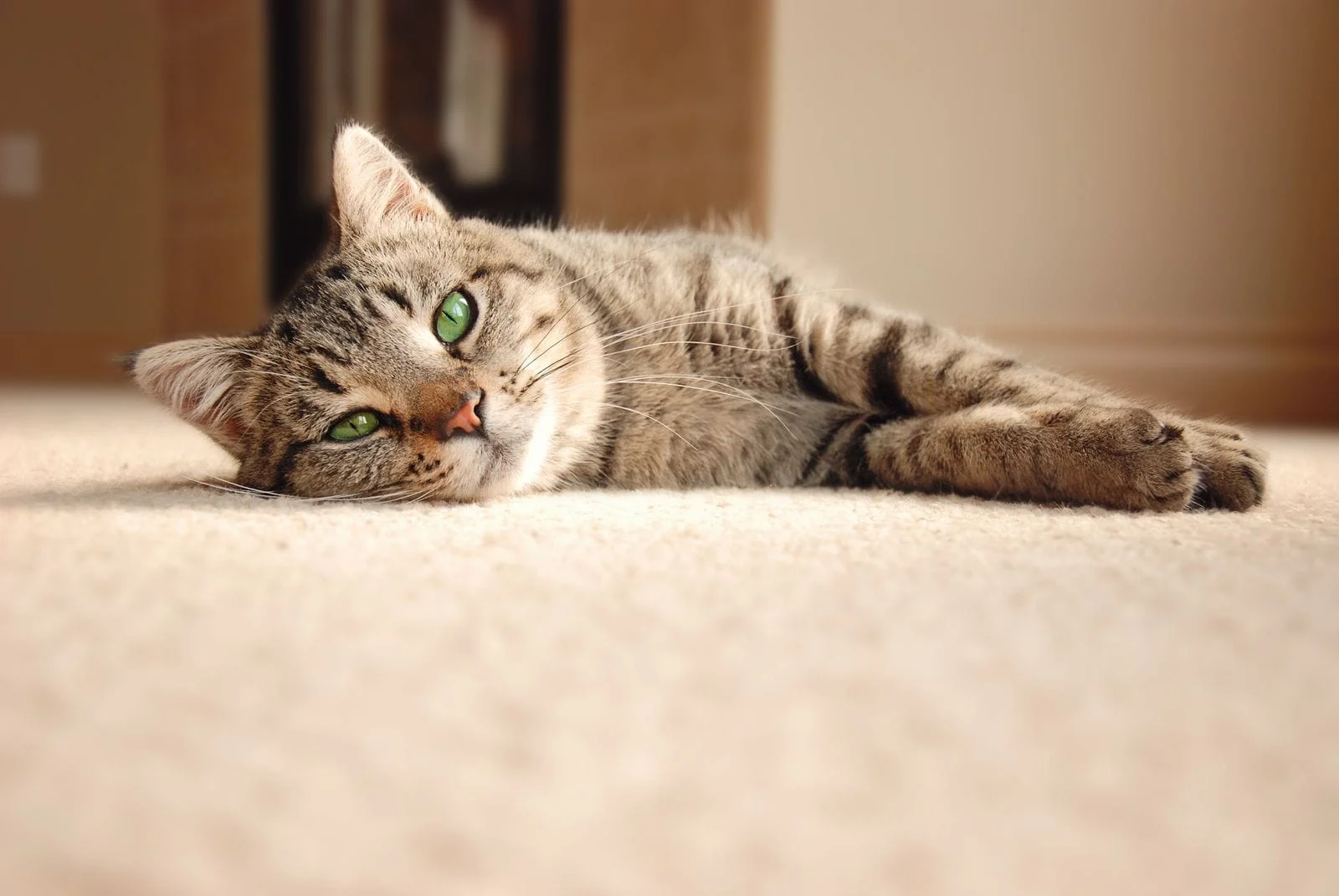Skin tumors or small nodules on cats are a common condition seen by a veterinarian. Approximately 20 percent of the skin tumors are mast cell tumors. Fortunately, only around 10 percent of these tumors are malignant. If you notice any type of tumor or lump on your cat’s skin, it’s important to seek veterinary care at your local animal hospital. If you live in the Bloomington area and suspect your pet has a mast cell tumor, contact the Fairway Knolls Veterinary Hospital for more information.
What are Mast Cell Tumors?
Mast cells are part of a cat’s normal immune system. They are a type of white blood cell that can occasionally form a tumor. There are two types of mast cell tumors: cutaneous mast cell tumors, or those that affect the skin, and visceral mast cell tumors, or those that affect the internal organs. On the skin, these tumors are firm, raised, hairless and often itchy.
Symptoms of Mast Cell Tumors
Mast cell tumors can cause a wide variety of symptoms depending on where they are located. Redness, bruising and fluid build-up can occur at the site of the tumor. These symptoms may worsen with scratching. Other symptoms include decreased appetite, increased respiratory rate, vomiting, diarrhea, and sluggish activity.
Diagnosing Mast Cell Tumors
To diagnose a mast cell tumor, a needle is used to aspirate the cells within the tumor. These cells are placed on a glass slide and evaluated under a microscope at your local animal hospital. The process is referred to as cytology. For internal tumors, sedation and ultrasound are usually necessary to obtain a sample safely and painlessly. Other tests may include a bone marrow test, blood work and a special blood test called the buffy coat test that determines the concentration of white blood cells.
Treatment for Mast Cell Tumors
Surgery is the treatment of choice for all types of animal mast cell tumors. In some cases, chemotherapy may be needed when there are mast cells circulating in the blood. Also, a biopsy of the lymph nodes can indicate to your veterinarian whether the tumors have spread to other parts of the body. Surgical removal of all regional lymph nodes is recommended for all Grade 2 and Grade 3 tumors.

